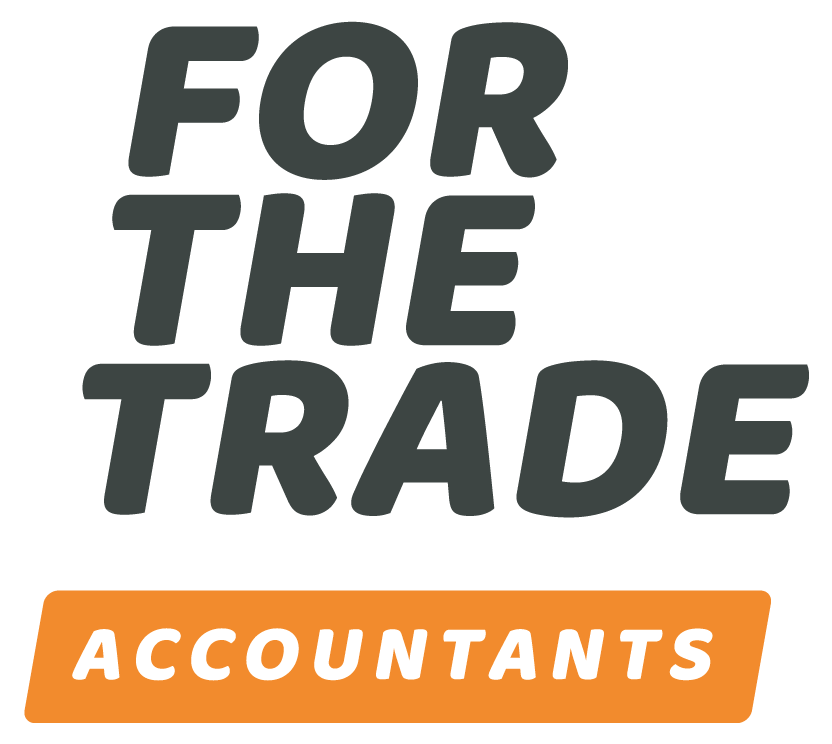The leaves will soon be turning, and winter will be creeping in — you know what that means, right? It’s that time of the year again; the self-assessment tax deadline is looming.
But what if you’re not registered for self-assessment? How do you know if you need to, and what does it mean for your tax bill?
Don’t worry, we’re here to help you out. Whether you’re a sparky, a plumber, or a chippy crafting beautiful bespoke furniture, you’re a wizard at your trade, not a tax guru. That’s our job.
In this blog post, we’ll break down what you need to know about registering your business and hitting that self-assessment deadline.
Do I need to register for self-assessment?
If you’re a tradesman pondering whether the whole self-assessment registration thing is worth your time, we’ve got your back, mate.
The short answer? It’s usually a resounding “yes.” If you’re earning income outside of pay as you earn (PAYE), like running a side gig or doing freelance work, you’ll need to register for self-assessment. It’s not just for big businesses; it’s for anyone with untaxed income.
If you’re a sole trader, self-employed, or a subcontractor, registering ensures you play by the taxman’s rules. Even if you’ve got a limited company for your tradie business, you’ll probably need to register so you can report income from dividends.
Remember, self-assessment isn’t just about coughing up taxes; it’s about taking control of your finances, saving money on your tax bill, and staying on the right side of the law.
So, whether you’re a seasoned pro or just dipping your toes into the world of trades, registering for self-assessment is a smart move to keep your finances in check and your peace of mind intact.
What’s good about being a sole trader?
Operating as a sole trader keeps things simple. You’re the boss, the worker, and the decision-maker all rolled into one, which means less bureaucracy and red tape.
You have full control over your business, and there’s no need to deal with the complexities of managing a limited company structure. Tax-wise, being a sole trader can be less cumbersome, with a straightforward tax return process.
Plus, you keep all the profits to yourself — no need to share them with shareholders or partners. And let’s not forget the personal touch; clients often appreciate the one-on-one relationship they have with a sole trader.
So, if you value autonomy, simplicity, and direct client interactions, sticking as a sole trader might just be the right choice for you, mate!
The self-assessment deadline(s)
Self-assessment can be scary if you’ve never done it before, but fear not — we’ll lay it out for you.
If you’ve not sent a return before:
You must tell HMRC by 5 October if you need to complete a tax return and have not sent one before.
This is the only deadline fast approaching. New tradie businesses, take note!
Deadline for submitting a paper return
If you’re doing a paper tax return for 2022/23, you must submit it by midnight on 31 October 2023.
Deadline for submitting an online return
If you’re doing an online tax return for 2022/23, you must submit it by midnight on 31 January 2024.
Deadlines for paying tax you owe
You need to pay the tax you owe by midnight on 31 January 2024.
There’s usually a second payment deadline on 31 July if you make advance payments towards your tax bill (known as ‘payments on account’).
What do the professionals say?
As professionals, accountants, and all-round good chaps, we know what it’s like to feel confused by your tax bill and business status.
But we’re just a phone call away. Or WhatsApp if you prefer. We can talk to you about where you’re at and what you need to do to hit your deadlines with ease. Don’t worry about it!
Need support finding out whether you should register for self-assessment or not? Don’t worry – we’ve got you covered. Get in touch today.


